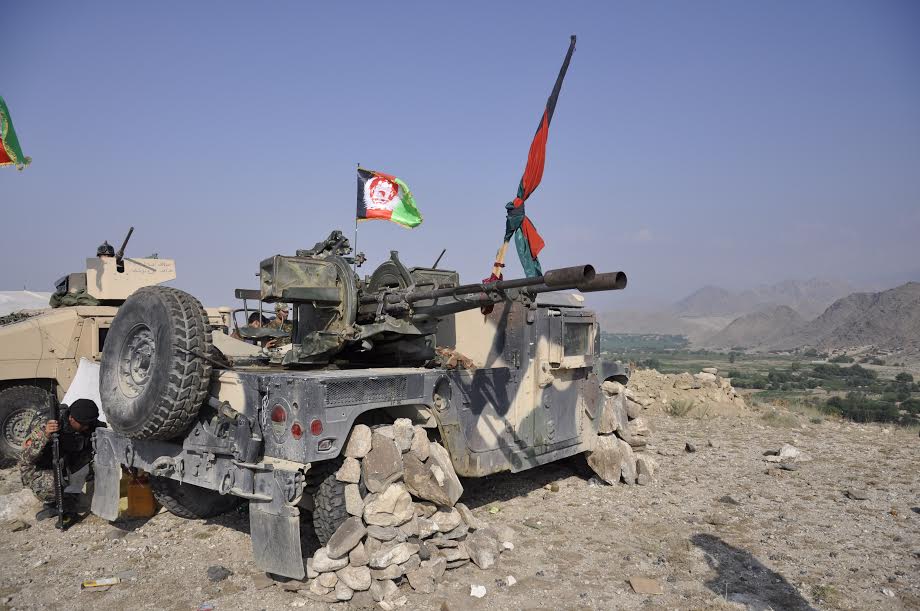KABUL (Pajhwok): Some political analysts on Thursday said the stalled peace talks and successive interference of regional intelligence were behind the intensifying violence in some areas of the country.
Recently, clashes between insurgents and security forces in Badakhshan, Herat, Jawzjan, Faryab, Baghlan, Helmand, Nangarhar, Laghman and Paktia provinces witnessed a surge, with both the warring sides suffering casualties each day.
The fighting rages two months ahead of an international community’s conference in Brussels, the capital of Belgium, aimed at financially supporting Afghanistan in cooperation with the European Union (EU).
The Afghan government is making efforts to present its achievements in the fields of security and politics to the international community.
While in October this year, the unity government agreement that calls for convening a loya jirga will complete. The Loya Jirga, if convened, will amend the Constitution to create the post of a prime minister, but the government is yet to take practical steps in this regard.
A political analyst, Javed Ghafori, said the conflict in Afghanistan had surged because it was the fighting season and said it happened every year during these months.
He told Pajhwok Afghan News internal differences in the unity government over the past two years led to managerial problems in the Afghan security forces.
Ghafoor believed the intensified fighting had nothing to do with the economical conference in Brussels. He said the Warsaw conference was more vital than the Brussels one.
However, another political analyst, Dr. Faiz Mohammad Zaland, said there were various reasons why the fighting intensified.
He told Pajhwok the unity government had lost its legitimacy and people’s trust and in the meantime foreign interference and proxy war were behind the intensifying fighting.
He said the emergence new terrorist groups including Daesh and their funding by foreign intelligence agencies were factors behind the increasing unrest.
He claimed the Afghan government lacked motivation to win the war because many civil and military leaders were out of the country and had built homes abroad. He also cited mafia groups and personal interests as other reasons behind the raging fighting.
Zaland said the Taliban by intensifying their attacks wanted to show themselves strengthened and to put pressure on the government to accept their demands.
Hassan Haqyar, another political analyst, said the insurgents had intensified attacks to show themselves powerful after the death of their supreme leader Mullah Mansoor and several others.
He said the peace process had stopped and insurgents by intensifying their attacks wanted their conditions to be accepted internationally and by Afghanistan.
He dubbed the current fighting as intelligential and proxy war and said besides other factors there was also narcotics mafia’s hand in the fighting in Helmand province.
Selab Waziri, political analyst, also called the ongoing war as proxy and said its victims were Afghan citizens and everyday Afghans suffered dozens of casualties.
Considering the current situation, he claimed, the US didn’t want the region to take the path of stability and peace.
He said China and Russia were Afghanistan’s strategic allies and were concerned about the weak Kabul administration.
He said China and Russia had concerns about Daesh in Afghanistan and their concerns were exacerbated with US presidential candidate Donald Trump’s recent remarks that the incumbent US President Barack Obama and his rival candidate Hillary Clinton had a role in creating Daesh.
Waziri said other reasons behind the increasing fighting were a weak government, unreliability between authorities, administrative corruption and unavailability of national leaders.
sns/ma







GET IN TOUCH
NEWSLETTER
SUGGEST A STORY
PAJHWOK MOBILE APP